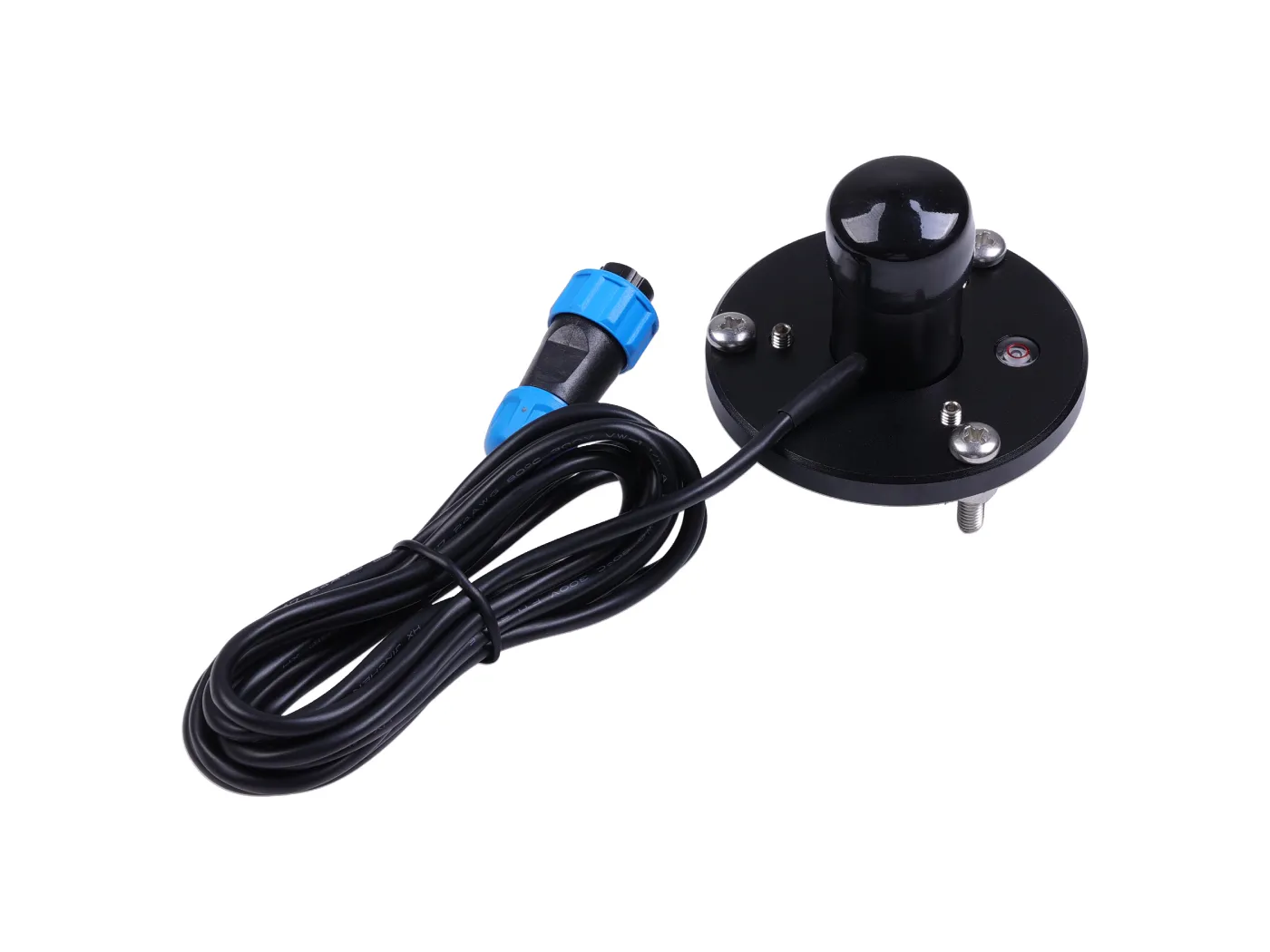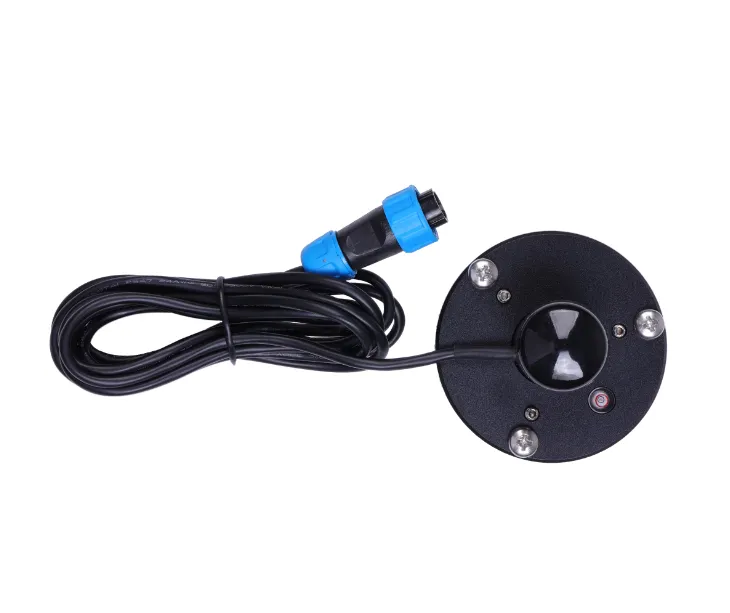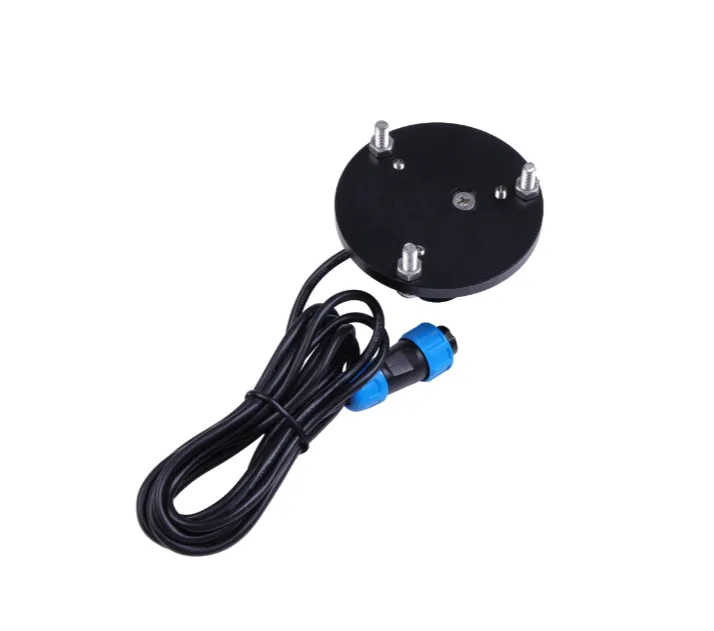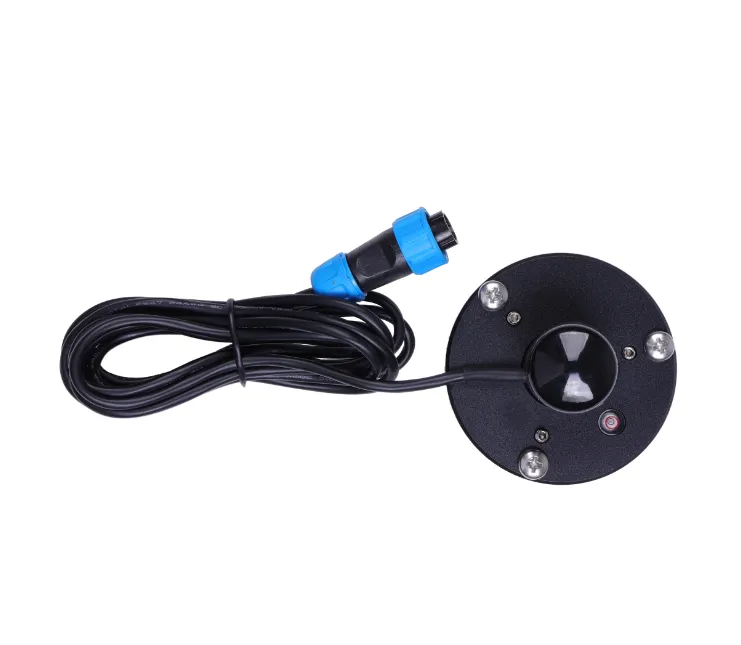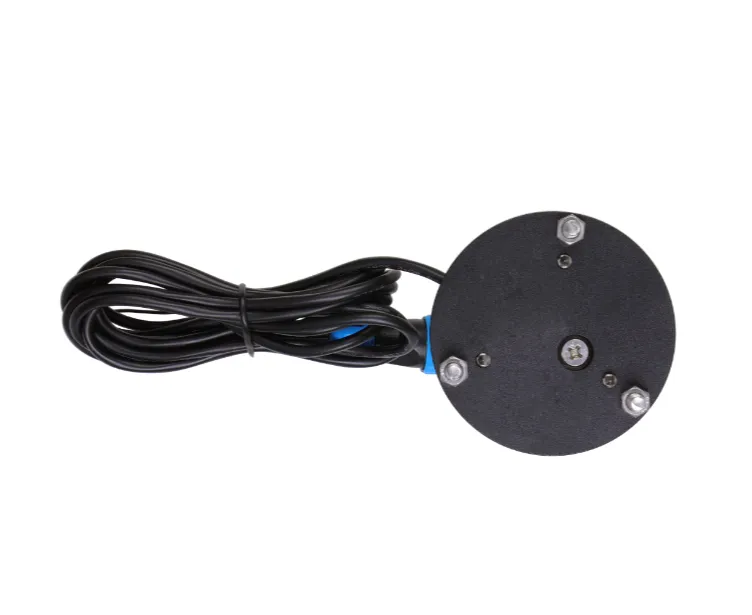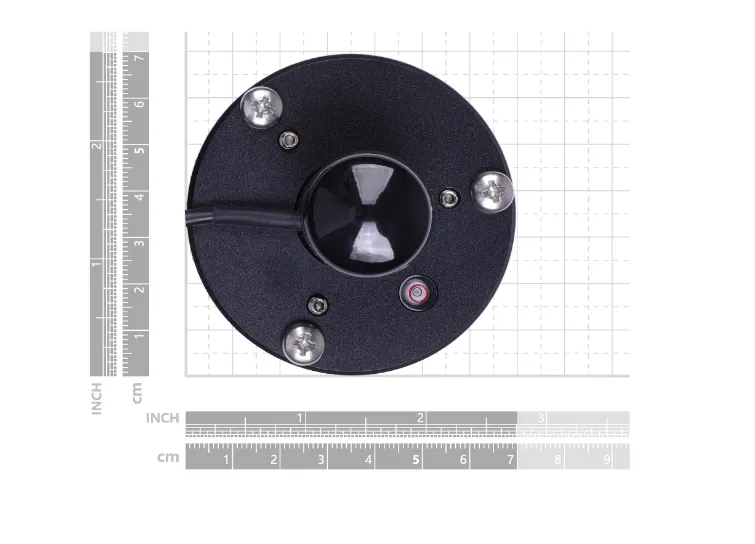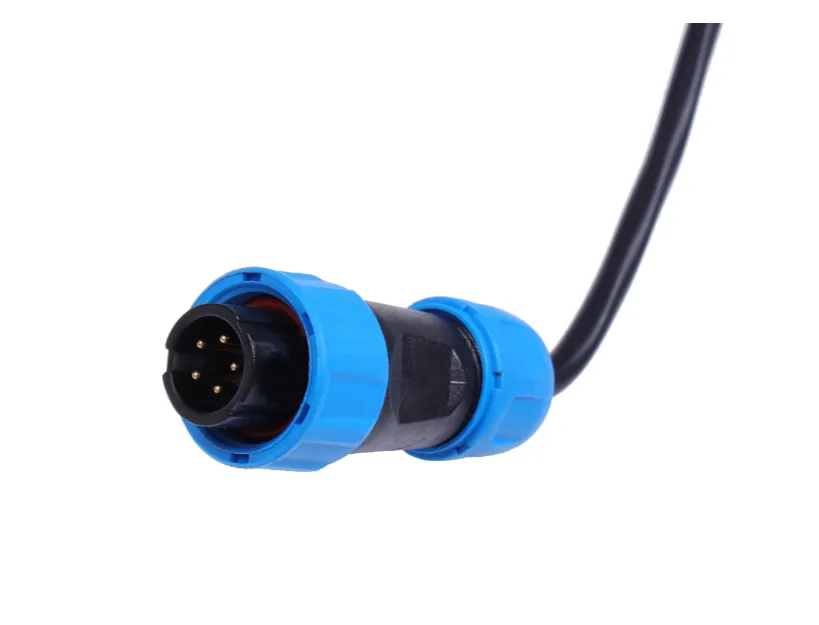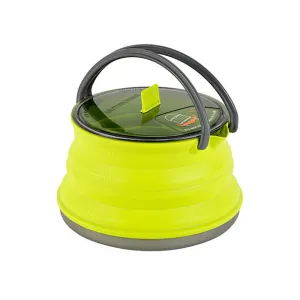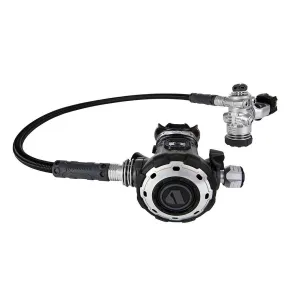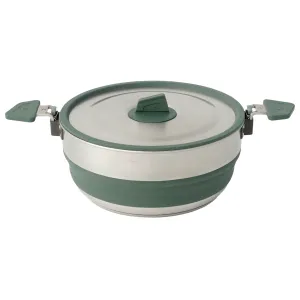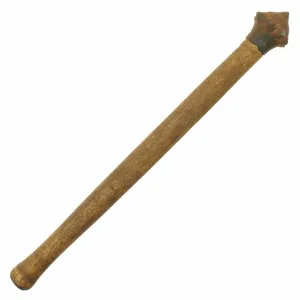This dependable Total Solar Radiation Sensor utilizes a premium silicone photodetector and optical filters to efficiently measure solar radiation intensity and generate a current signal proportional to the radiation power, ensuring reliable readings whatever the lighting status.
Features
- Easy to Use: Compact size, simple installation, quick integration
- High Performance: ±3% accuracy, fast response, exceptional stability (<2% variation in one year), within 0-2000 W/m² range.
- Strong Robustness: It's watertight and dustproof with IP68 Enclosure, and can operate under a wide range of temperatures from -30°C to 75°C
- Supports Universal MODBUS RS485 Protocol: Can be easily connected to MODBUS-RTU RS485 data loggers.
- Wide-range Power Supply: Can be powered with supply voltage within 5~24V DC
Description
This industrial-grade total solar radiation sensor accurately measures radiation in the range of 300 to 1,100 nanometers, providing a current signal proportional to incident radiation intensity and 0 to 2,000 W/m² range. It supports MODBUS-RTU RS485 protocol, allowing connection to an RS485 data logger for tailored monitoring.
Rated IP68, this robust total solar radiation sensor operates from -30°C to 75°C, thriving in harsh outdoor conditions. It ensures precise solar radiation measurements, optimizing agricultural management for improved crop yield and quality. It also aids researchers in better utilizing solar energy by enhancing their understanding of radiation.
Application
- Weather Monitoring: Measures solar, ground, and atmospheric radiation, aiding weather forecasting and research.
- Agricultural Study: Explores agricultural meteorology, crop growth, and ecology.
- Environmental Monitoring: Tracks radiation levels to assess environmental impact.
- Energy Research: Supports solar and other energy studies by analyzing radiation conditions.
Measuring total solar radiation is crucial in multiple fields, providing essential data for weather prediction, climate study, solar energy utilization, agriculture, and environmental research. It directly impacts climate trends, solar panel efficiency, crop growth, and energy project feasibility.
For instance, in agriculture, plants respond uniquely to solar radiation, making accurate measurements invaluable for optimizing irrigation, fertilization, and planting strategies based on photosynthesis and lighting needs.
Specification
Technical Parameters
|
Measuring range |
0~2000W/㎡ |
|
Response spectrum |
300~1100nm |
|
Resolution |
1W/㎡ |
|
Accuracy |
土3% |
General Parameters
|
Model |
S-ZFS-02 |
|
Supply Voltage |
5 to 24V DC (12VDC typical) |
|
Protocol |
MODBUS-RTU RS485 |
|
Linearity |
Maximum offset 1% |
|
Stability |
Change<2% within one year |
|
Warm-up Time |
4s |
|
Response Time |
10ms |
|
Operating Temperature |
-30℃~75℃ |
Dimension
|
Net Weight |
165g |
|
Gross Weight |
220g |
|
Package Dimensions |
155x155x55 mm |
|
Cable length |
2000mm |
Wiring
Pre-installation
Seeed provides the and to help users better manage and check data remotely.
- 4G Installation Plan
This product features a waterproof aviation connector and is compatible with the . It can collect multiple sensor data simultaneously and transmit it via 3G/4G LTE with power from an adapter or .
- LoRaWAN® Installation Plan
The RS485 Total Solar Radiation Sensor has a waterproof aircraft connector and is compatible with the . The latter collects data from various sensors and transmits it to the cloud via LoRaWAN® under the .
Exciting News: Introducing a 50% off offer - Experience our 4G or LoRaWAN® Solution Kits, limited to 50 sets.
ECCN/HTS
| HSCODE | 9031499090 |
| USHSCODE | 9026104000 |
| UPC | |
| EUHSCODE | 9013101000 |
| COO | CHINA |




